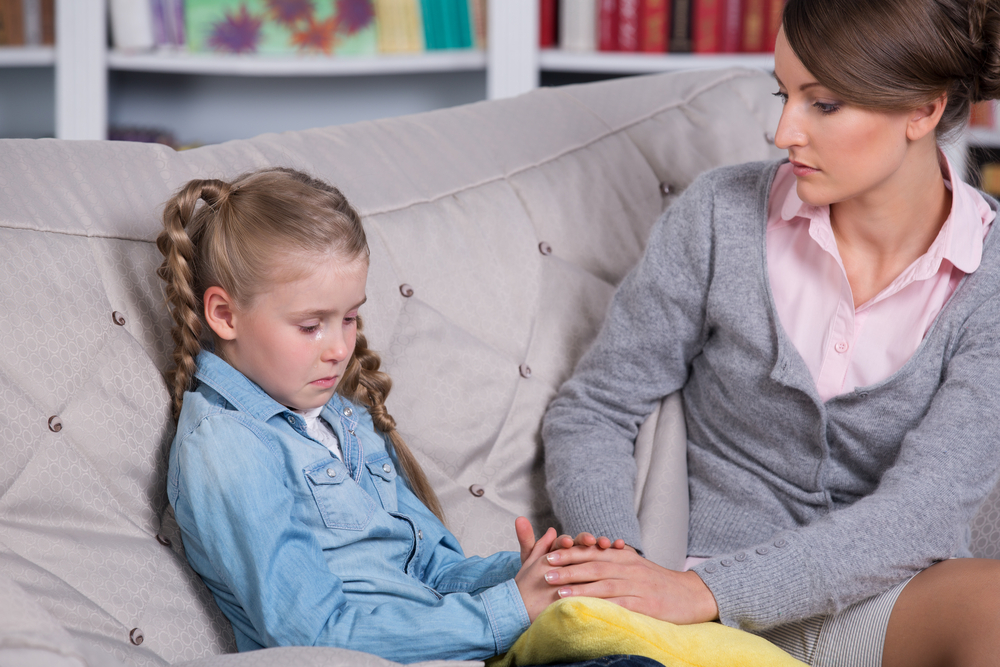DIAGNOSIS
To diagnose social anxiety disorder, your doctor may ask you series of questions to determine the levels of your symptoms. Your doctor might also consider the risk factors of your phobia, including:
- Family History
- Negative Experiences
- Temperament
- New Social or Work Demands
- Overactive Amygdala (Part of the brain that controls the fear response)
TREATMENT
Feeling of shyness or discomfort in certain situations is normal. However, if this fear results to fear and avoidance and starts to interrupt on your life then you might need to seek professional help.
Medications
Medication that are used in the treatment of social anxiety include:
- Beta blockers– It controls physical symptoms such as shaking of the hands, sweating or trembling. However, it does not treat emotional symptoms of the disorder.
- Antidepressants – It may be helpful when social anxiety disorder is severe and debilitating.
- Anti-anxiety- This medication is sedating and addictive so they are prescribed when all other medications have not worked. Example of this drug is Benzodiazepines.
Therapy
- Cognitive-behavioral therapy- It is believed to be the best treatment for social anxiety disorder. This therapy is based on the premise that what the person thinks affects how he or she feels. His or her feelings affect his or her behavior. So if he or she changes the way he or she thinks about social situations that give him or her anxiety, he’ll likely to feel and function better.
- Group Therapy – This therapy includes role-playing and social skills training, often as part of a therapy group. The people with social phobia practice and prepares for situations they are afraid of.
PREVENTION
There is no specific ways to prevent social phobia. However, there are some helpful steps to reduce the impact of the symptoms during anxiety attacks. This includes:
- Keep a journal – Writing down all your feelings and personal experiences may help to track down what causes your anxiety. This may also help in knowing what makes you feel better.
- Call for help as early as you can– Mental health problems are harder to treat when it already has its complications.
- Manage your time and energy- Know what to prioritize in your life. Doing the things that you enjoy may help reduce anxiety.
- Avoid intake of unhealthy substance– Some substances such as alcohol, drugs, nicotine and caffeine can cause or worsen anxiety. But if you are already addicted to these substances, sudden withdrawal from these may also cause anxiety. If you find it hard to quit on your own, talk to a doctor or find a treatment program to help you.


